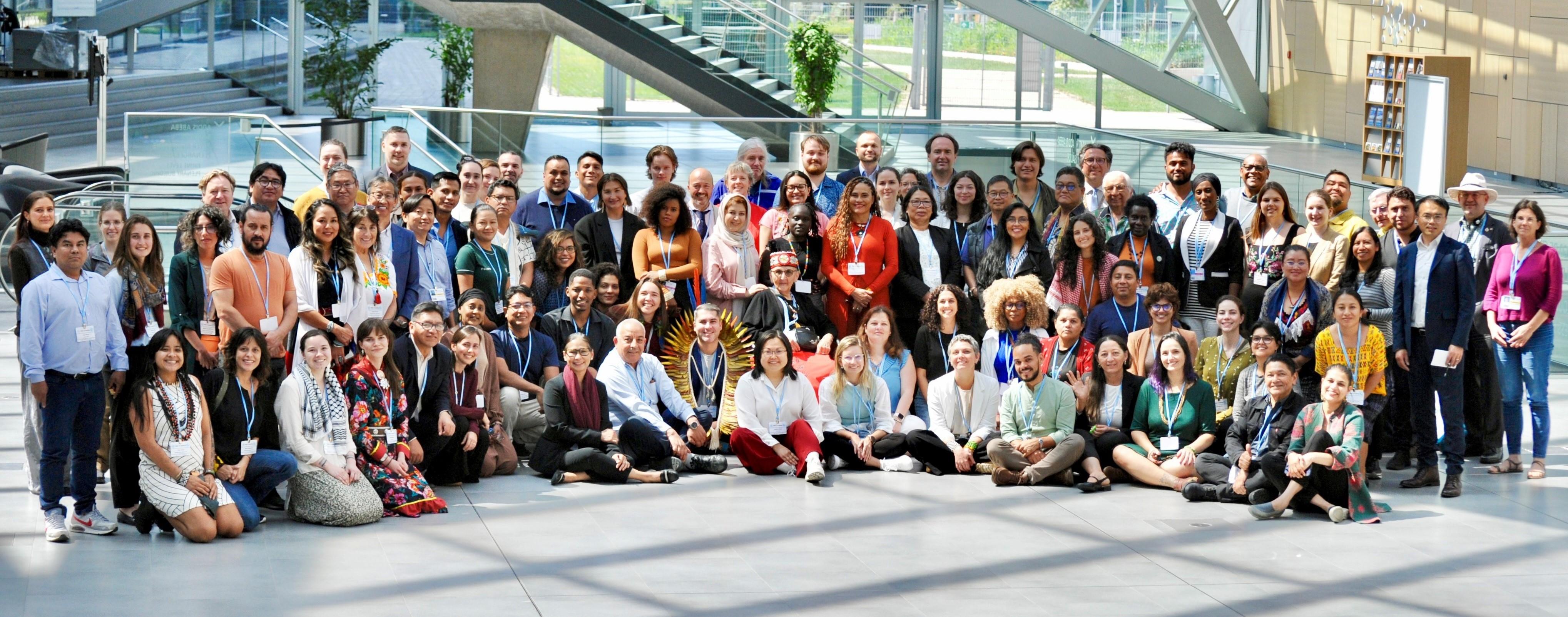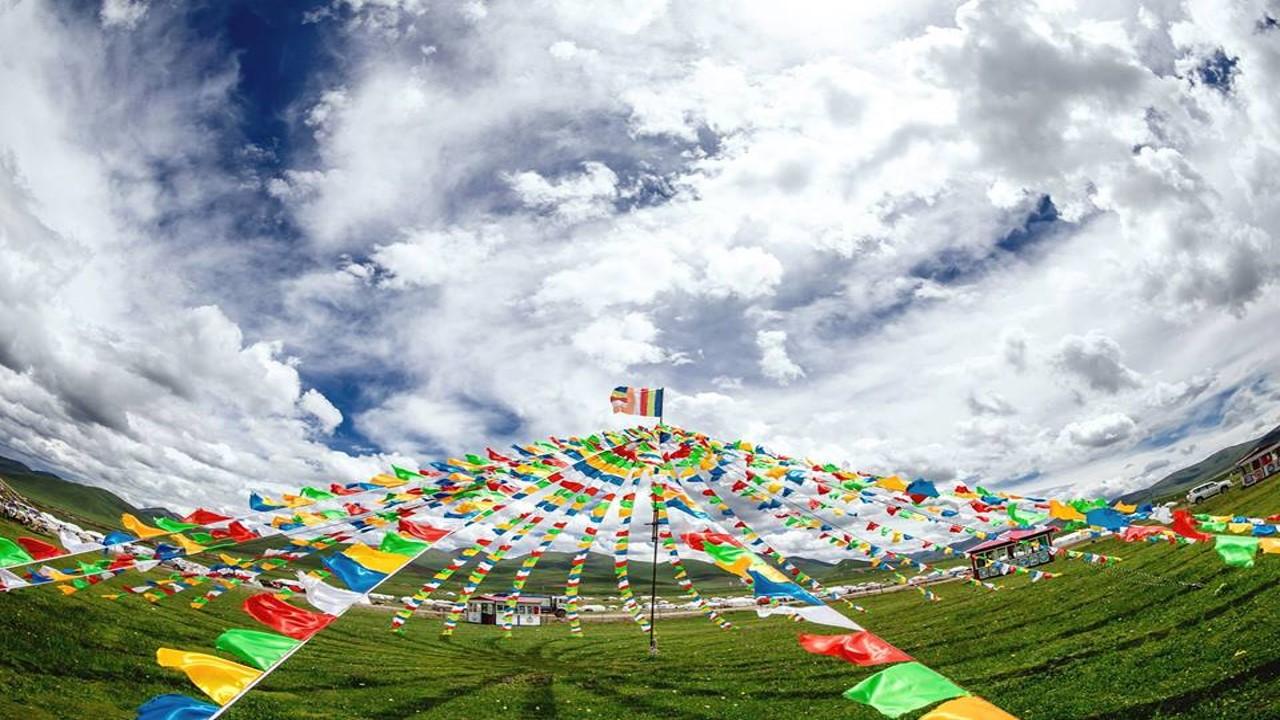Homepage
Three functions of the Local Communities and Indigenous Peoples Platform
Indigenous peoples and local communities play an important role in finding climate solutions
Indigenous people must be part of the solution to climate change. This is because you have the traditional knowledge of your ancestors. The important value of that knowledge simply cannot—and must not—be understated. You are also essential in finding solutions today and in the future. The Paris Climate Change Agreement recognizes this. It recognizes your role in building a world that is resilient in the face of climate impacts
Patricia Espinosa, Former Executive Secretary of the UNFCCC
It is important for us as Indigenous Peoples to ensure a generational transition to a more sustainable world. Our elders, our parents, children and children’s children need to know and access platforms and mechanisms under the UNFCCC. This is particularly important for Indigenous women and girls.
María José Andrade, Ecuador’s Kichwa de Serena Community, UN Climate Change Conference in Bonn
Humans need to be humbler when interacting with the natural world. We cannot stop sunrise or sunset, nor can we impact winter or the winds. We need to avoid human exceptionalism and stop neglecting nature, whose laws are stronger than those laws of humans.
Knowledge Holder, LCIPP Annual Gathering of Knowledge Holders at COP 27
Upcoming Events
Shortcuts to pages of interest



